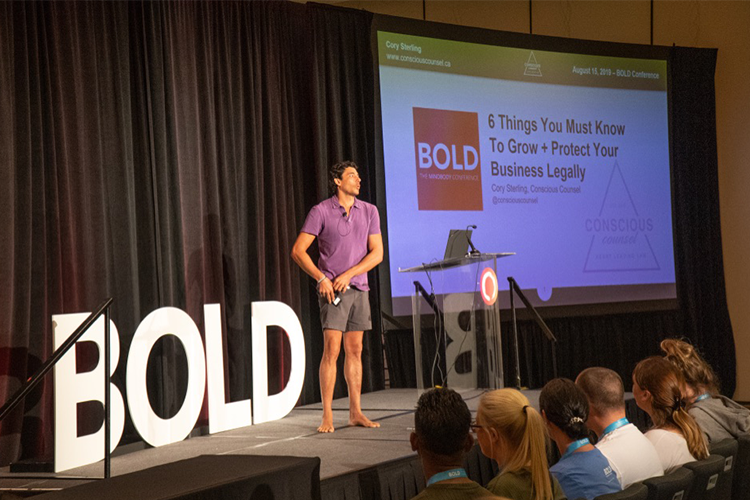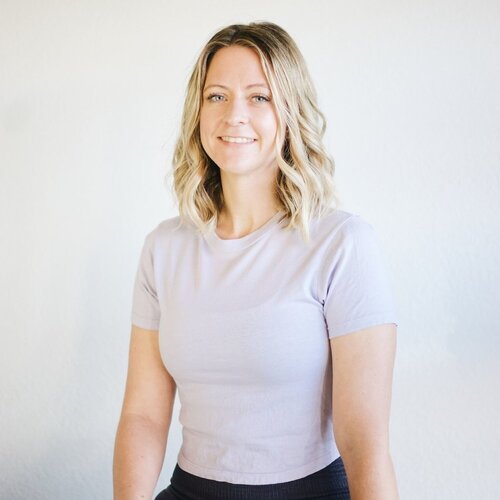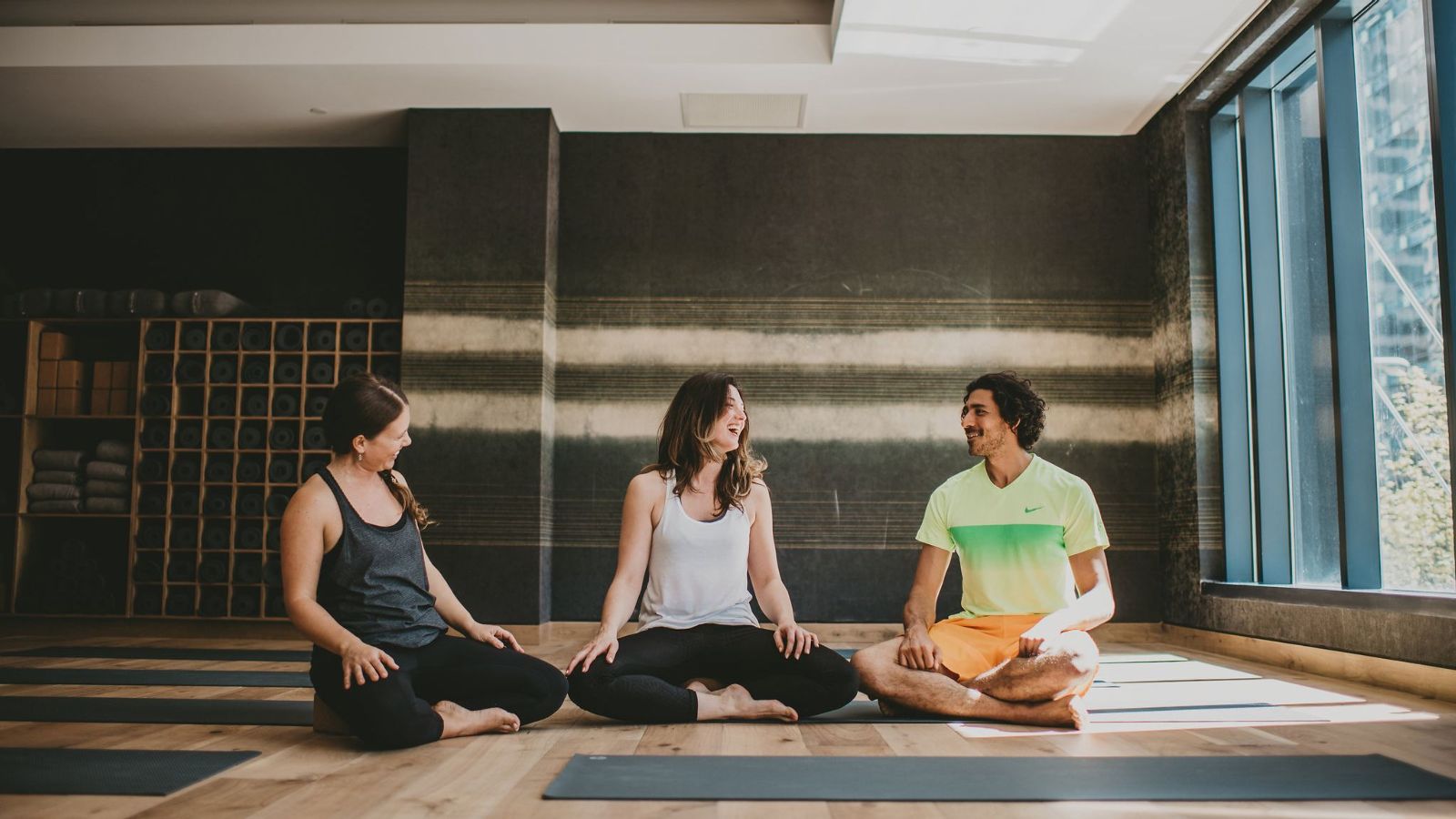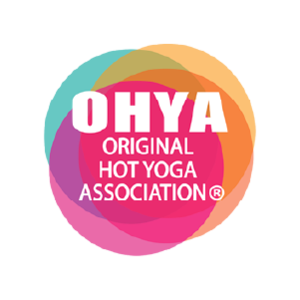Working with a lawyer just got FUN.
Conscious Counsel provides legal counsel for creative, ambitious and heart-leading business owners who build communities and make the world a better and healthier place
Not sure what your business needs?
Protect Your Business with a FREE Legal Bundle!
Ensure you’re aligned with the best legal practices tailored to your niche. Access a personalized legal checklist and workbook designed for your specific business needs.
Choose your niche to get started:
- Retreat Leader: Essential legal protections for hosting transformative retreats.
- Health Coach: Safeguard your practice and build client trust with clear, customized guidelines.
- Pilates: Set the foundation for a legally sound, successful Pilates business.
- Yoga: Avoid common legal pitfalls and focus on what matters—your clients.
- Fitness: From liability waivers to client agreements, get what you need to protect your fitness business.
- Physical Therapy: Ensure compliance and maintain professionalism with legal essentials for physical therapists.
Click on your niche below to get your FREE bundle and make sure you’re legally covered!
Join Our Mailing List
Sign up here to stay in the loop with industry insights, heartwarming real-life stories from our law firm and epic updates on Cory's adventure around the globe.
We're here to guide, support, and empower you every step of the way.
Welcome to a better way of working with the law…
Agreements you don’t understand written in a way that no one actually communicates? NO THANKS.
Welcome to law in 2023: communicate your expectations openly and honestly with heart-leading and plain English documents.

Legal Documents Done Differently
Your documents should be written the way you speak. After all, these are your relationships…if you aren’t using your real voice here, when will you?

Industry Expertise &
Guidance
We know our stuff better than anyone out there. We’ve worked with hundreds of clients. Whatever you are going through, we’ve been there before and we’ll take care of you.

Intellectual Property Protection
You work so hard to build your business and invest so much time and energy into operating it, how can you afford NOT to protect it?
“There are lawyers. And there’s Cory.”
- Josh Biro, Founder of The Yogapreneuer Collective

Truly a pleasure to work with Cory! He is FUN and knowledgeable! I had what I thought to be an impossible deadline and he confidently said, “I got you!” I was amazed at how streamlined and comprehensive the process was for getting legal documents! Being a fitness professional and having the right legal protection is key. I didn’t want to go into another year with old boiler plates that were not specific to my company, it’s offerings and COVID. I highly recommend using Conscious Counsel because they do legal magic for all the right reasons and they do it well!
— Mychele Sims

Love working with Cory and his team. They have helped us in numerous legal documents and I am proud to change the documents quality from boring legal jargon to actually fun, strong in legal perspective and easy to read documents. Always love his relaxed and reaffirming attitude. Look forward to working with him and his amazing team for a long time! Thank you!
— Gaurav Gupta

Cory and the team are phenomenal! I've worked with other lawyers in the past, and this was by far the best experience I've ever had. I even laughed a little. I appreciate Cory's no-nonsense approach and have the utmost trust in the team. The process is smooth with the ability to easily collaborate, give feedback, and a quick turnaround on custom contracts. Everyone I have referred has also had the same experience. Thank you!
— CJ Kelly

I enjoyed working with Cory and Jon. They make the process so easy and simple, especially at a time when you're busy with building a business and juggling a lot of things at once. It's important to protect your business with the right documents and language. I have peace of mind when working with Conscious Counsel.
— Irving Yee


LITTLE BIT DIFFERENT PODCAST
It all started with a question: “Is this the only way to live?” Over 15 years, host Cory Sterling has been on a mission to live on his own terms, creating a business, traveling 95 countries, learning 5 languages and meeting incredible people living “differently.” This podcast is for those who want a more fun way to get things done.
Join Cory as he explores life’s big topics - purpose, health, business, travel, relationships, and fun - from a different point of view. CAUTION: You'll be inspired to start thinking about your life - and what's possible - just a little differently after listening.
Tune in to Recent Episodes
Relationships Aren't Perfect, And That's Okay!
Why Your Goals Aren't Working (And How to Fix That!
Ready to Run a Retreat? Here's What I Learned!
I Tried Every Accent I Know - How Did I Do?
What I Learned From the Sidelines of the Super Bowl
Our Community
We don’t just work with anyone…we love supporting clients who live heart-leading lives!
To us that means business people who love what they do, build communities, live
passionately, make the world a better place with their work. Here are a few of the
heart-leading communities we serve:

Yoga Professionals

Health & Wellness Professionals

Fitness Studio Owners

Heart-Leading Entrepreneur
See our Clients World Wide
We serve heart-leading business owners around the world. We LOVE what our clients are doing to change the world and we are honored to be a part of our client’s success.


See our Clients World Wide
We serve heart-leading business owners around the world. We LOVE what our clients are doing to change the world and we are honored to be a part of our client’s success.

Meet the Team
As a remote law firm that has team members placed around the world, we value life before our work. This free-spirited mentality allows us to be relatable, passionate, and forward-thinking when building strong relationships with our clients.

CONSCIOUS COUNSEL LAW CORPORATION
206-12 ATHLETES WAY
VANCOUVER BC
V5Y 0B5 CANADA












